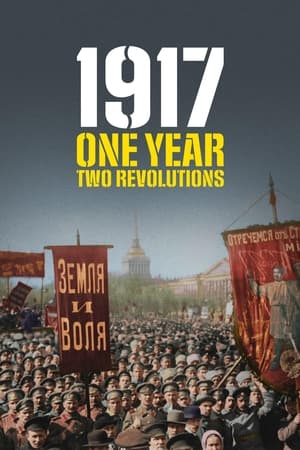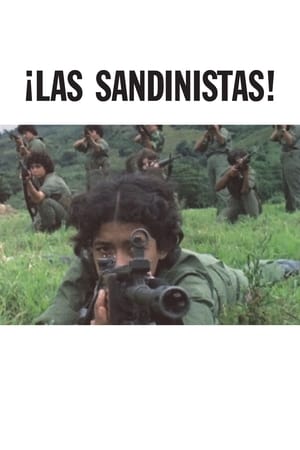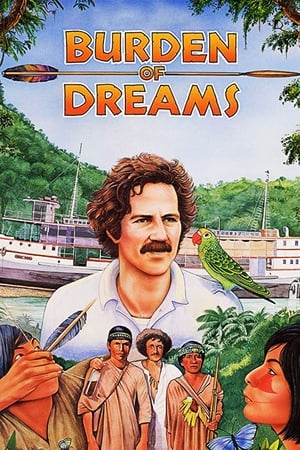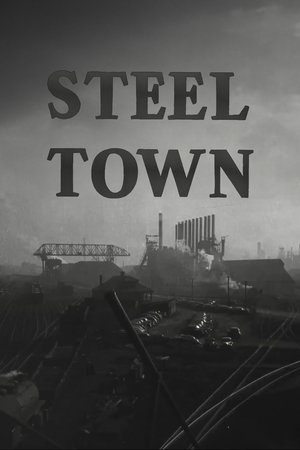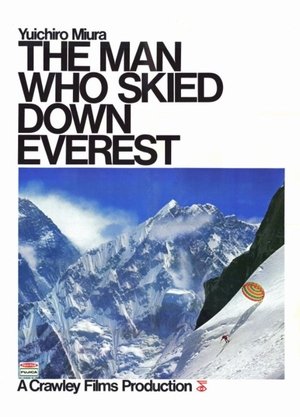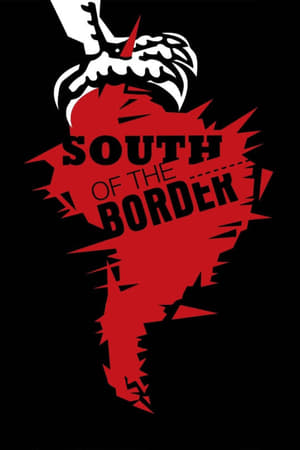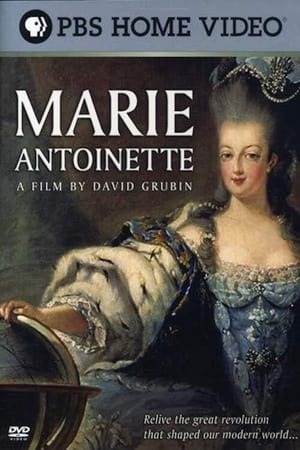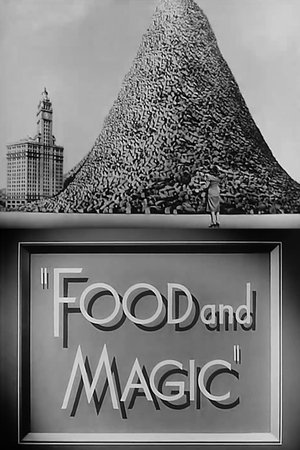Overview
Using contemporary engravings and cartoons by artists such as Honoré Daumier, this short documentary recounts the events of the French Revolution of 1848, from the fall of the July Monarchy to the unrest that followed, narrated by Bernard Blier.

 20 min
20 min
 0
0
 1950
1950
 France
France




